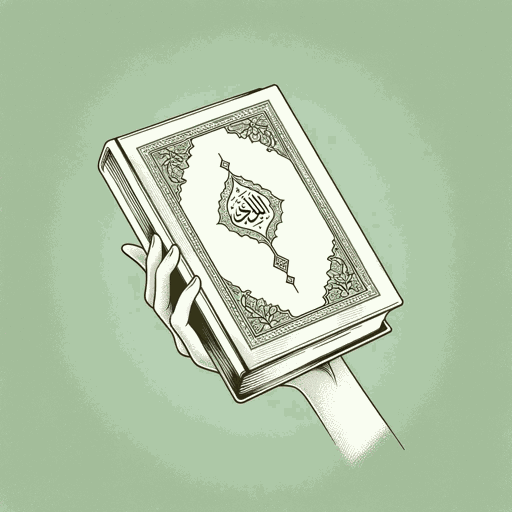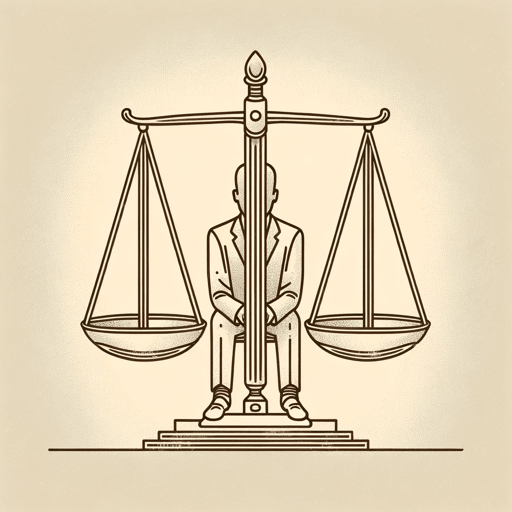42 pages • 1 hour read
Ayad AkhtarHomeland Elegies: A Novel
Fiction | Novel | Adult | Published in 2020A modern alternative to SparkNotes and CliffsNotes, SuperSummary offers high-quality Study Guides with detailed chapter summaries and analysis of major themes, characters, and more.
Summary and Study Guide
Overview
Homeland Elegies (2020) is a New York Times bestselling novel by Ayad Akhtar, the winner of the 2013 Pulitzer Prize for Drama (for his play Disgraced). The novel is an autofiction, a merging of autobiographical memoir and fictional narrative, that places Akhtar as both narrator and protagonist—walking readers through the trials and tribulations of a Pakistani-American Muslim as he attempts to define his own identity in American culture. Featuring pivotal moments in recent history, such as the terrorist attacks of September 11, 2001 and the presidential elections of Barack Obama and Donald Trump, Homeland Elegies’ essays question the validity of the American Dream amid heightened prejudice.
This guide is based on the Back Bay Books paperback edition published in 2021.
Plot Summary
Homeland Elegies begins with an overture—a term normally associated with a musical introduction to a piece of music. The overture is dedicated “To America” and follows narrator Ayad Akhtar as he recalls a particularly memorable college professor. Professor Moroni, often reprimanded for criticizing American society’s baseless judgments and lack of opportunities, instills the idea of America not being what it claims to be. Ayad’s parents, doctors who emigrated from Pakistan to America in their younger years, represent this moral divide: Sikander adores America, while Fatima yearns to return to the country of her birth, as she sees America as a place where she will never belong. Ultimately, Ayad must experience more of the world before he can determine where he belongs.
The next section, “Family Politics,” begins with Donald Trump’s first year in office. A medical emergency brings the Akhtar family close to Trump, and it is through him that Sikander develops an obsession with the American Dream. Sikander attempts to mirror Trump’s success, to no avail. Sikander’s support for Trump creates a barrier between him and Ayad—who cannot understand why his father would support such a man. In discerning the differences between American and Pakistani values, Ayad gives a history lesson on Western involvement in the Middle East—and how skin color-based prejudice makes no sense. Ayad notes that the Muslim faith often creates misunderstandings among people due to differences in beliefs and values, and he questions how much of his identity should be dependent on blind faith.
The second section, “Scranton Memoirs,” focuses on how one assimilates into American culture when one does not “look American.” Ayad’s treatment by a state trooper and a white business owner (both of whom fixate on Ayad’s name and appearance) teach him that there is more to being American than simply being born in America. A family member, Shafat, provides a clear example of this as he is beaten in jail for questioning American values—forcing him to adopt Christianity and marry outside his faith in order to assimilate. However, Ayad’s rich acquaintance, Riaz Rind, finds a way out of forced assimilation: money. With enough money, one can control legislation among other areas of influence. It is Rind’s investment company that turns Ayad into a multimillionaire, though the gains are ill-begotten.
The third section, “Pox Americana,” turns inward as Ayad studies his identity and how it is shaped by his own prejudices. He begins an affair with a young woman named Asha, who is also confused about her place as a Muslim in America. Their relationship ends with a venereal disease and Asha returning to her on-again, off-again boyfriend. Ayad reflects on the first Muslim woman he ever dated and realizes he harbors internalized disgust for his own skin color. Ayad’s friend, Mike Jacobs, relays to him that this type of prejudice is not aimed at Muslims alone, but all people whom the majority believes are “inferior.” Like Rind, Mike echoes the idea that the only way to be successful in America is to have enough money to exercise power. Sikander learns this lesson the hard way, as he loses everything to a malpractice suit brought on by the family of a woman who died under his care. The buyout of Sikander’s practice by a major corporation forces him to return to Pakistan, no longer under the delusion of the elusive American Dream.
The novel comes full circle, returning to musical metaphor with a closing “Coda”—a passage that brings a musical piece to an end. Here, an older Ayad visits Professor Moroni and sees America for what it is—a place with good and bad, a place that ultimately represents home.
Featured Collections
Books on Justice & Injustice
View Collection
Books on U.S. History
View Collection
Class
View Collection
Class
View Collection
Contemporary Books on Social Justice
View Collection
Fear
View Collection
Hate & Anger
View Collection
Historical Fiction
View Collection
Immigrants & Refugees
View Collection
Politics & Government
View Collection
Pride & Shame
View Collection
Safety & Danger
View Collection
September 11
View Collection
The Best of "Best Book" Lists
View Collection



